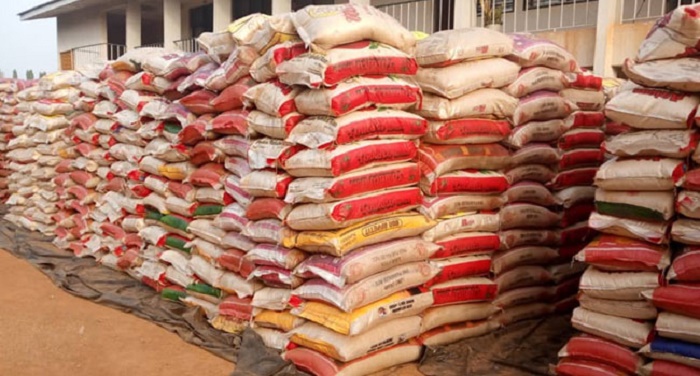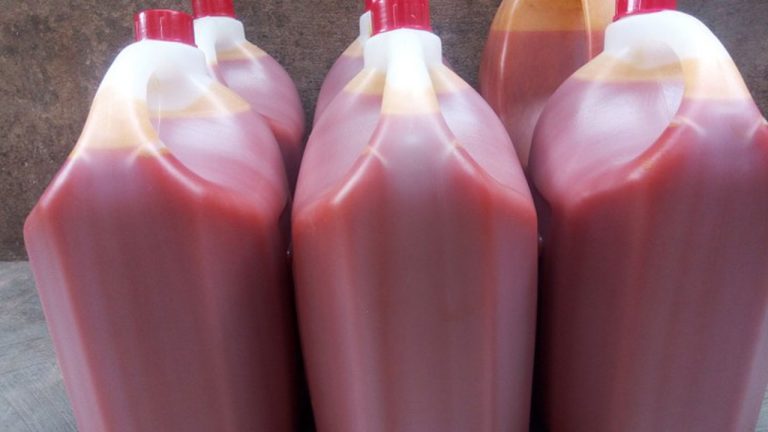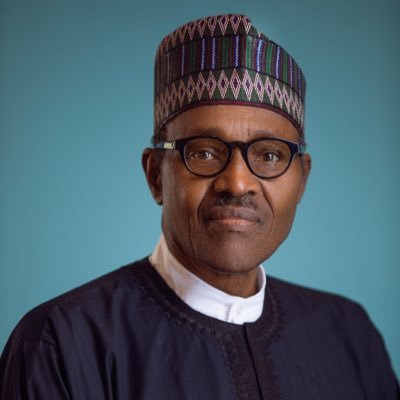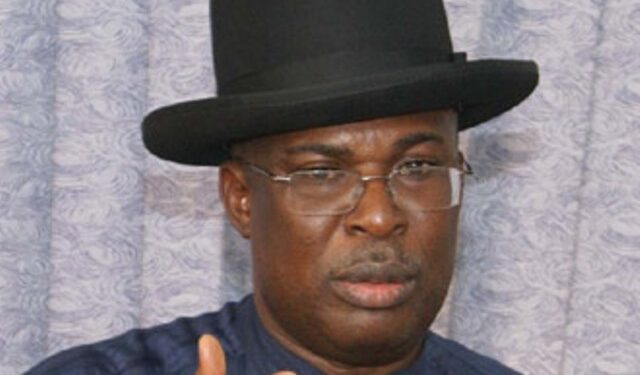How prices of beef, rice increased in December – NBS
How prices of beef, rice increased in December - NBS
How prices of garri, rice, beef went up in November – NBS
The National Bureau of Statistics (NBS), said that prices of selected food…
Nigeria’s public debt stock increases to N42.84trn in Q2 2022
Nigeria’s public debt stock increased from N35.46 trillion (86.57 billion dollars) in…
Prices of rice, beans, others continued to rise in September — NBS
The National Bureau of Statistics (NBS), said that prices of selected food…
How Nigerians have been paying more and more for gas – NBS
The average price of 5kg of cooking gas increased from N4,456.56 in…
Lagos State flies high as it got N753b IGR in 2021
Lagos State collected the highest Internally-Generated Revenue (IGR) of N753.46 billion in…
Buhari appoints Simon Harry as Bureau of Statistics head
President Muhammadu Buhari has approved the appointment of Dr Simon Harry as…
Inflation drops by 0.37% in July – NBS
The National Bureau of Statistics (NBS) said inflation dropped by 0.37 per…
FG begins 4th MSMEs survey – NBS
The Federal Government is set to begin the fourth round of the…
VAT increase by N15.86bn in Q2 — NBS
Nigeria recorded an increase of N15.86 billion Value Added Tax (VAT) revenue…








